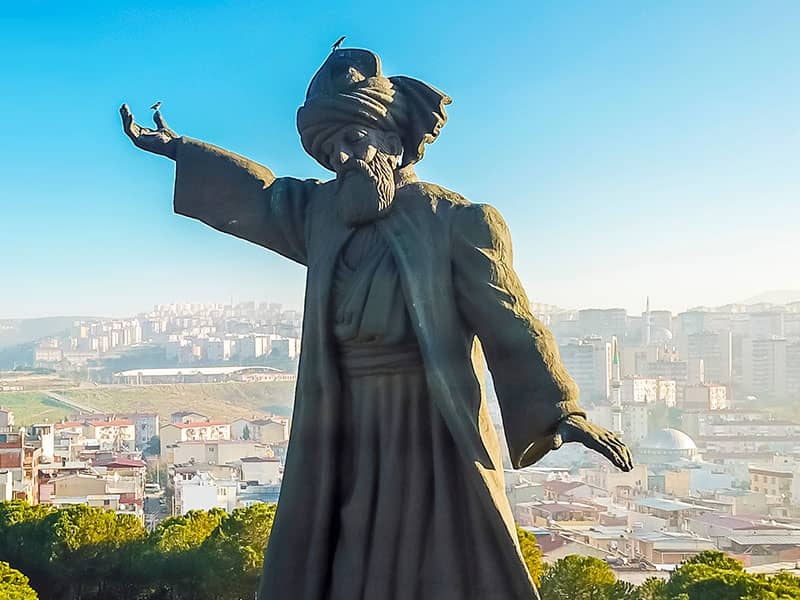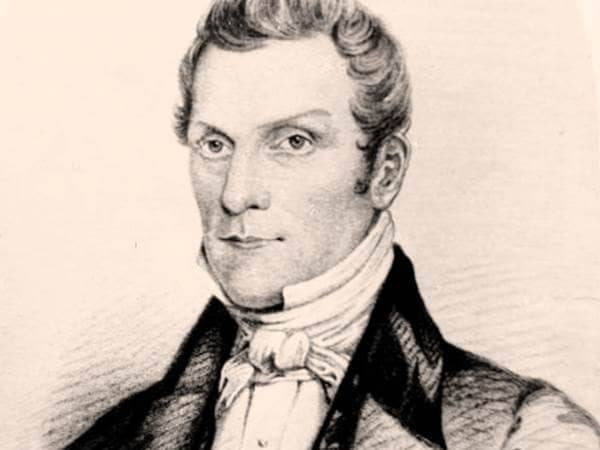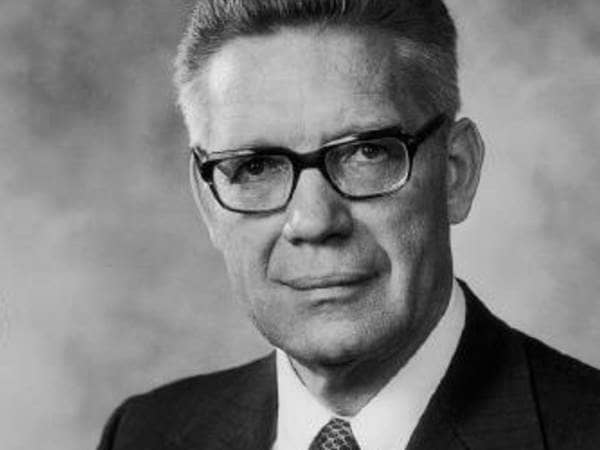
- Profession: Poet
- Lived: 1207 - 1273 (Late Medieval)
- Nationality: Persian (born in the Sultanate of Rum)
- Known for: Popularizing Sufism through his poetry
- Fun Fact: Rumi is the last word of the poet's name, and simply indicates he's from the Sultanate of Rum. Rum is a loaner word meaning Roman, referring to the fact that the area had recently been captured from the Byzantine Empire.
- Fun Fact: Rumi is the last word of the poet's name, and simply indicates he's from the Sultanate of Rum. Rum is a loaner word meaning Roman, referring to the fact that the area had recently been captured from the Byzantine Empire.
A poet from the 13th century, Rumi’s influence if felt worldwide in multiple realms. He is one of the most beloved poets in both Persian-speaking areas and in the West. And his work popularized Sufism, a mystical form within Islam, throughout the Muslim world and beyond.
Rumi’s father was a Sunni theologian and head of a religious school, and his mother’s family included a long line of Sunni preachers. When Rumi was 25, his father died and he inherited the role of head of the religious school, eventually also stepping into the roles of preacher and Islamic judge. In the Muslim world, religious poetry was a revered and popular form. Throughout his life, but especially in the later years, Rumi produced exquisite Sufi poetry, and his influence on Sufism is vast. Mainly, his poetry presents Islamic mysticism in such an appealing way that it has greatly increased its adoption. Rumi also developed the contemplative practice of twirling that has been continued since his death by the order of Whirling Dervishes, or Mewlewi.
Rumi’s full name is sometimes rendered Jalāl ad-Dīn Muhammad Rūmī. (His followers typically refer to him as Mewlana, which means master.) He was raised in the Sultanate of Rum in present-day Afghanistan or Tajikistan, in a region rich in spiritual history for the Buddhism, Islam, and Zoroastrianism faiths. Several centuries before his birth, the mystical Islamic practice called Tasawwuf, known as Sufism in the West, had emerged in this area.
Rumi, like other Sufi poets, mixes storytelling, scriptural references, theological observations and mysticism into long-form poems of incredible depth and beauty. In his Sufi tradition, he focuses on the idea of that we are cut off from God, and that we yearn for union. It is a concept present throughout the Abrahamic faiths, but Sufi poetry is distinct (though not unique, see the Song of Songs) in that it talks about this relationship between human and God in sensual romantic framings, often referring to God as the Beloved. Generations of readers have responded to Rumi’s writing both as mystical religious works and as romantic poetry. Either way, they overflow with lyrical beauty.
Rumi’s father was a Sunni theologian and head of a religious school, and his mother’s family included a long line of Sunni preachers. When Rumi was 25, his father died and he inherited the role of head of the religious school, eventually also stepping into the roles of preacher and Islamic judge. In the Muslim world, religious poetry was a revered and popular form. Throughout his life, but especially in the later years, Rumi produced exquisite Sufi poetry, and his influence on Sufism is vast. Mainly, his poetry presents Islamic mysticism in such an appealing way that it has greatly increased its adoption. Rumi also developed the contemplative practice of twirling that has been continued since his death by the order of Whirling Dervishes, or Mewlewi.
Rumi’s full name is sometimes rendered Jalāl ad-Dīn Muhammad Rūmī. (His followers typically refer to him as Mewlana, which means master.) He was raised in the Sultanate of Rum in present-day Afghanistan or Tajikistan, in a region rich in spiritual history for the Buddhism, Islam, and Zoroastrianism faiths. Several centuries before his birth, the mystical Islamic practice called Tasawwuf, known as Sufism in the West, had emerged in this area.
Rumi, like other Sufi poets, mixes storytelling, scriptural references, theological observations and mysticism into long-form poems of incredible depth and beauty. In his Sufi tradition, he focuses on the idea of that we are cut off from God, and that we yearn for union. It is a concept present throughout the Abrahamic faiths, but Sufi poetry is distinct (though not unique, see the Song of Songs) in that it talks about this relationship between human and God in sensual romantic framings, often referring to God as the Beloved. Generations of readers have responded to Rumi’s writing both as mystical religious works and as romantic poetry. Either way, they overflow with lyrical beauty.
Back to Search Results






